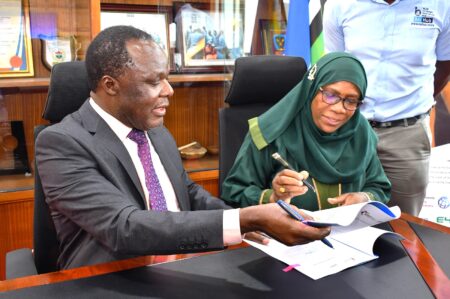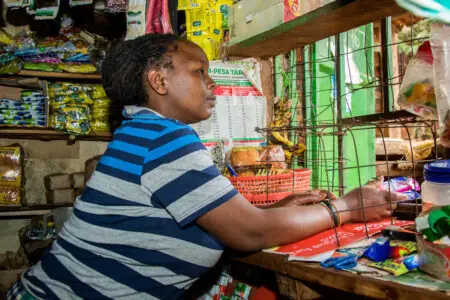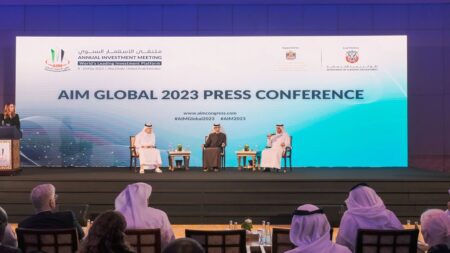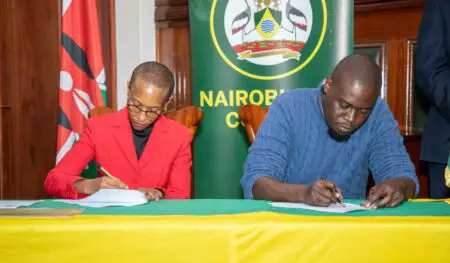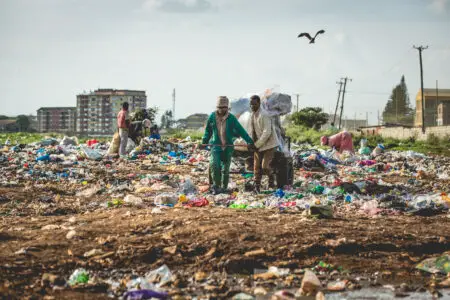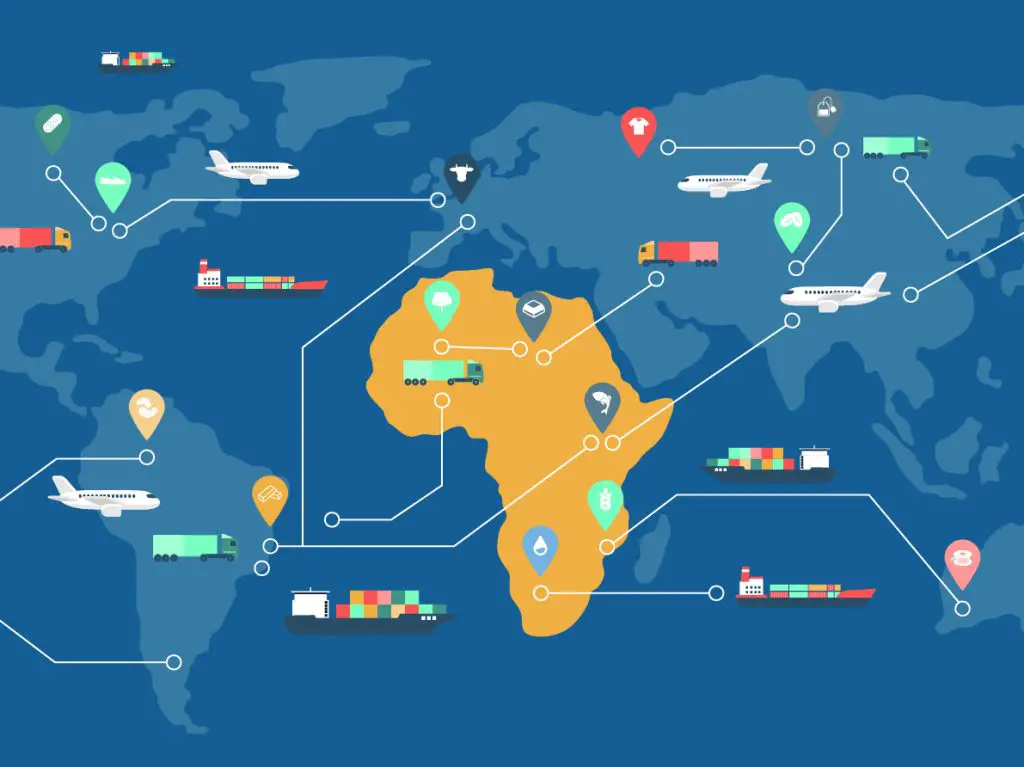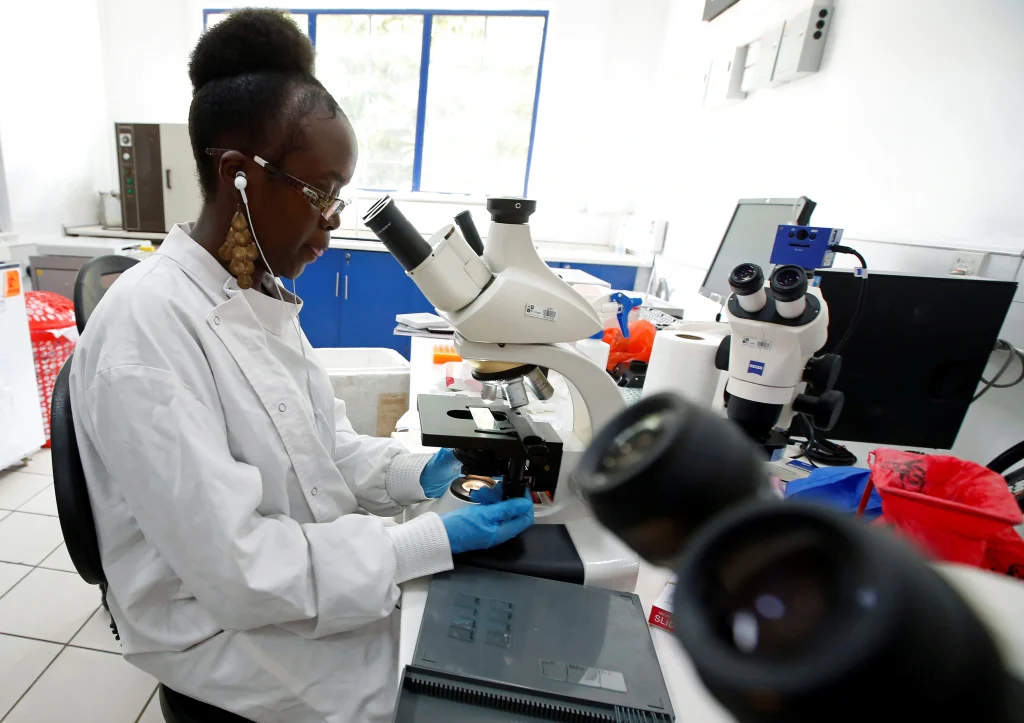- Africa’s new dawn: the rising role of digital and AI in agriculture
- Can Dangote Refinery Transform Africa Energy Ambition
- Gallup Survey: 80 per cent of Kenyan Workers Are Disengaged and Seek New Opportunities
- Madagascar Man Freed from 5KG Tumor After 15-Year Struggle
- How women in Africa are perceived and treated
- Sugar consumption in Kenya to Increase to 1.23 Million Tonnes
- Can Somalia and Turkey Oil deal Bring Change in Somaliland
- Remittances to Kenya dropped to $371.6 million in June, marking a six month low
Browsing: Innovation
OSU Jerseys
johnny manziel jersey
asu football jersey
johnny manziel jersey
asu football jersey
micah parsons jersey
custom made football jerseys
OSU Jerseys
49ers jersey
OSU Jerseys
detroit lions jersey
detroit lions jersey
asu football jersey
asu football jersey
- Early last year, another German shoe line announced an investment of $2.66 million to expand its presence in Kenya by 2025.
- The distribution centre is at the Freight Forwarders Solutions warehouse in Tatu City.
- In recent years, German firms have shown increasing interest and investment in East Africa.
German-based cleaning equipment manufacturer Karcher has announced an approximate $3.25 million investment in the Kenyan market. The firm is setting up a regional distribution centre in Nairobi as a business expansion strategy to evade the toughening global import supply chain due to high logistics costs resulting from pirate attacks in the Red Sea corridor.
The distribution centre is at the …
- Eight Kenyan universities have been selected as part of the World Bank’s $55.8 million SME formalisation project.
- In the World Bank plan, 267 young innovators’ students, 10 incubators, 10 accelerators, and 4 tech boot camp providers will be funded.
- The SKIES initiative started with a call for applications that attracted a total of 142 incubators.
Eight Kenyan universities have been selected as part of the World Bank’s $55.8 million (KES7.5 billion) SME formalisation project to provide business development services to micro, small and medium enterprises. Kenya Industrial Entrepreneurship Project will implement the program through the Strengthening Kenya’s Innovation Ecosystem (SKIES).
The government, through SKIES, a subcomponent of the Sh7.5 billion (KIEP) project, seeks to streamline the delivery of professional business development services, thereby enabling innovators of small and medium enterprises to get the proper business training when required.
The absence of a uniform platform to oversee the start-up ecosystem in …
- Due to their small footprint, traders are located closer to consumers, along transport hubs and routes, or within local communities.
- Proximity also extends to knowing and stocking customer’s preferred brands and products and offering credit to loyal customers.
- United Nations Economic Commission for Africa indicates that small and local retail transactions account for 70 percent of total transactions in Kenya alone.
Across East Africa, it is not uncommon to see dukas and kiosks around every other street corner offering some of life’s daily essentials such as sugar, soap, tissue paper as well as bread and milk.
While they may not seem like much, East Africa’s dukas and kiosks are the backbone of the economy, providing jobs and basic essentials to millions of people.
According to EuroMonitor International, these spaces for trading can range from as little as 1sqm up to 30sqm. Due to their small footprint, traders are located closer …
- The Annual Investment Meeting and Emirates Angel Investors Association agree to turn UAE into a thriving base for startups.
- The collaboration is expected to create a positive impact on the United Arab Emirates’ startup ecosystem.
- The partnership will link startups with a wide network of investors, as well as the necessary resources and mentorship.
The Annual Investment Meeting (AIM) and Emirates Angel Investors Association (EAIA) have joined forces to strengthen their efforts towards promoting startups. The collaboration between AIM and EAIA is expected to create a positive impact on the United Arab Emirates’ startup ecosystem. The UAE has been a fertile base for establishment and growth of startups.
The partnership will provide startups with access to a wide network of investors. Benefitting entrepreneurs will also access necessary resources and mentorship to help them grow and succeed.
Commenting on the partnership, Director General of AIM Walid A. Farghal said, “The purpose …
- The funding, Mozilla African Innovation Mradi, promotes ideas based on unique African user needs.
- The program scouts for innovation that produce a meaningful impact on the African internet ecosystem.
- Kenya is a leader in broadband connectivity, ICT infrastructure and is home to over 300 tech start-ups.
Kenyan tech start-ups are jostling for a pie of Mozilla’s $300,000 funding targeting projects solving unique user needs in Africa. The funding, a collaboration between Mozilla Africa Mradi and the Nairobi City County, will supporting tech-based firms in Kenya’s capital.
Dubbed Mozilla African Innovation Mradi, the funding promotes innovation led by and grounded in tackling unique needs of users in Africa.
Africa Innovation Mradi leverages Mozilla’s role as stewards of the open web to promote innovation in African countries.
The program establishes networks of partners and communities exploring and developing new projects and technologies. Winners will produce projects that offer meaningful impact on …
- In Kenya, 37,000 metric tonnes of plastic get into the Indian ocean annually causing devastating disruption in our marine ecosystem.
- The successful innovations developed through the Afri-Plastics Challenge have paved the way to revolutionise Africa’s approach to reducing reliance on plastic.
- Out of the 9 shortlisted start-ups, five were women-led, and two from Kenya won a total of £500,000.
Kenya scored big at the inaugural Afri-Plastics Summit & Awards ceremony when five out of a total nine start-ups scooped £2M as part of the Afri-Plastics Challenge, a continent-wide plastics innovation challenge worth £4.1M.
The awards were the culmination of a four-year initiative designed by Challenge Works and funded by Global Affairs Canada to recognize trailblazing innovators that are tackling the global plastics problem and protecting the ocean. Out of the 9 shortlisted start-ups, five were women-led, and two from Kenya winning a total of £500,000, demonstrating the role women play …
The world largely considers Africa as the next great growth market, a designation that has persisted for years. There are several reasons to be optimistic: the African continent has some of the world’s youngest populations, promises to be a key consuming market over the next three decades, and is becoming more mobile phone-enabled. Because access to smartphones and other devices improves consumer information, networking, job-creating resources, and even financial inclusion, a rising digital ecosystem is especially important as a multiplier of heightened economic growth.…
According to an article by BotsCrew, a WhatsApp chatbot is an automated software powered by rules or artificial intelligence (AI) and runs on the WhatsApp platform. People communicate with WhatsApp chatbot via the chat interface, like talking to a real person. It’s a set of automated replies that simulates a human conversation on WhatsApp.
In May 2022, WhatsApp opened the API for businesses of any size. Previously, it was available only for medium and large businesses, so smaller companies had to contact other providers to access WhatsApp API.
Today, any business can directly sign up or get started with one of the business solution providers to access a New Cloud-based API.…
Due to the pandemic, the topic of innovation in education has never been more crucial.
While most developed countries moved their classes online with ease, many developing countries have had a hard time adapting to the home-school model due to a lack of infrastructure and the high cost of data.
According to the United Nations Educational, Scientific and Cultural Organization (UNESCO), 91.3% of the world’s learning population was impacted by global shutdowns brought about by the pandemic.
This means that about 1.5 billion students were not in school, a situation that largely impacted developing nations, a lot of which are in Africa. …
The continent’s digital revolution can largely be driven by building the necessary skills for the short- and long-term future, and this starts in the classroom.
The recent technological influx across Africa, largely boosted by the adoption of mobile phone use, needs to be capitalized upon by the education sector.
This can be achieved through reimagining the education landscape by addressing the challenge of exclusion through increased investment, to achieve quality education in science and technology for all.…






